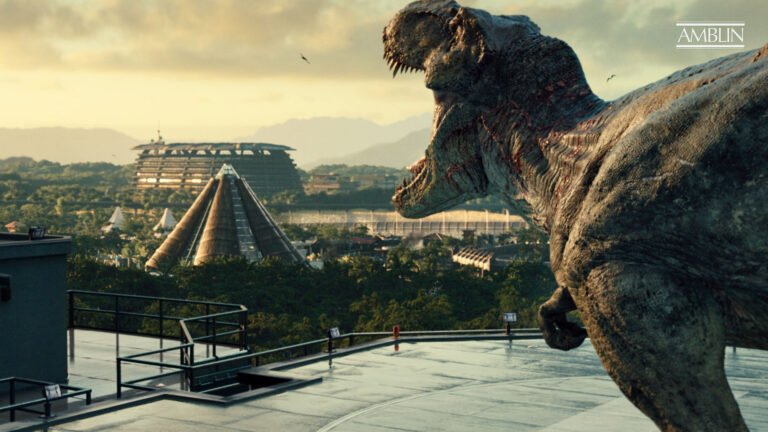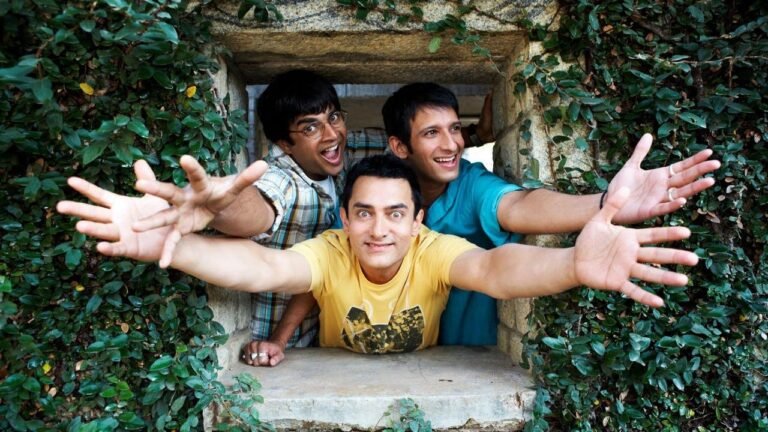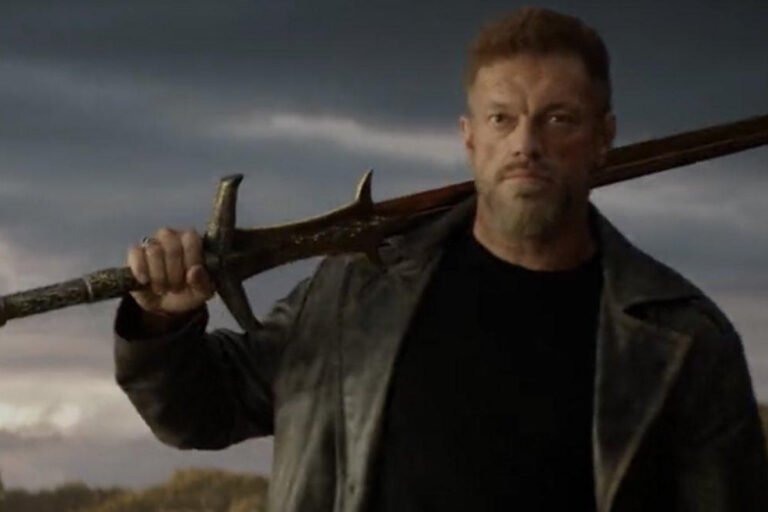
The television series “Spartacus”, based on the real-life Spartacus, who led the slave revolt against Rome in 73 BC quickly became a fan-favourite spectacle due to its intense action scenes, display of the Roman way of life and its beloved characters. It earned the IGN award for Best TV Action series and Best TV Hero.
In the same number of years, the show ran for three seasons in total, and later got a prequel addition. Over ten years have passed since the last season of Spartacus aired, but the series is still gaining popularity—in fact, a sequel series has been given the go-ahead to begin production. As we wait for the new content to be released, we can reflect on Starz’s past offerings and appreciate both their strengths and weaknesses. The entire seasons of Spartacus are ranked here.
4. Spartacus: Blood and Sand (Season 1)

Blood and Sand, the name of the first season of the show, was chosen to symbolize Spartacus’ sacrifice when he was brought to the Colosseum, where people would do everything to watch him battle to the death. Spartacus will soon learn that the fights outside of the arena are equally as dangerous as the ones he fights against corruption and passion. While the season sets the stage for the epic saga to come, it is sometimes criticized for its excessive violence and graphic content that overshadow character development. Despite this, it lays a solid foundation for the series’ future narratives.
3. Spartacus: Vengeance (Season 2)

Following the aftermath of the House of Batiatus, Spartacus: Vengeance takes the story in a new direction with Spartacus leading a rebel army against the Romans. The recasting of the title character is one of the main causes of Spartacus’ decline in viewership. Liam McIntyre took up for Andy Whitfield, who played Spartacus in Blood and Sand, after Whitfield had to withdraw due to a cancer diagnosis. Whitfield insisted on the show continuing without him, despite Starz’s doubts about the possibility of recasting. Fans, however, were evidently less than thrilled with the alteration. While the season boasts intense action sequences and complex character dynamics, some viewers find it slightly uneven in pacing and storytelling compared to other seasons, impacting its overall ranking.
2. Spartacus: War of the Damned (Season 3)

As the final chapter of the series, Spartacus: War of the Damned delivers a gripping and emotionally charged conclusion to Spartacus’ journey. Spartacus’ fight against the Roman Republic and its leaders Marcus Crassus (Simon Merrells) and a youthful Julius Caesar (Todd Lasance), is at the center of War of the Damned. Spartacus is up against his toughest battle to date, and he must either guide the rebels to victory or perish trying. After the second season’s lackluster reaction, War of the Damned, the show’s last send-off, gave it a glorious conclusion. The season showcases epic battles, intricate political intrigue, and the poignant sacrifices made by the rebels in their fight against Rome. While some fans praise the series’ finale for its closure and character arcs, others feel it falls slightly short of the top spot due to pacing issues.
1. Spartacus: Gods of the Arena (Prequel)

Topping the ranking is Spartacus: Gods of the Arena, a prequel that delves into the backstory of key characters and the rise of the House of Batiatus. The history of Capua and the House of Batiatus before Spartacus’ arrival is extensively covered in this miniseries. Shortly after Quintus Lentulus Batiatus assumes his father’s ludus and becomes lanista—manager of the House’s slaves and gladiators—the major story begins. Despite being a prequel, the season captivates audiences with its compelling drama, rich character development, and intense gladiatorial combat. Fans applaud the season for its engaging narrative, nuanced performances, and a deeper exploration of the series’ world and characters.
While each season offers a unique take on the legendary tale of the Thracian gladiator, the rankings reveal the varying strengths and weaknesses of each installment. “Gods of the Arena” emerges as the fan-favorite for its compelling storytelling and character depth, followed by “War of the Damned” for its epic conclusion. “Blood and Sand” and “Vengeance” hold their place in the series’ legacy, contributing to the overarching narrative of rebellion, survival, and honor in the face of oppression.






